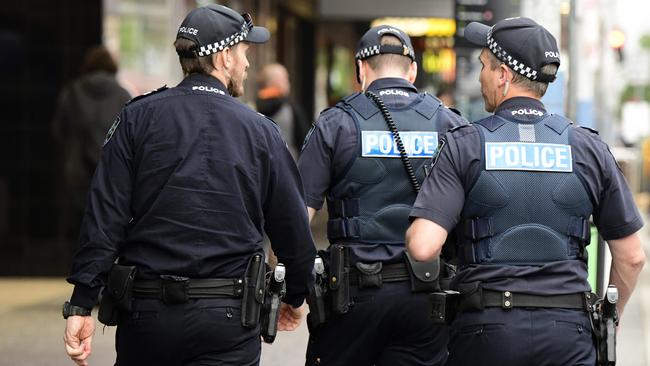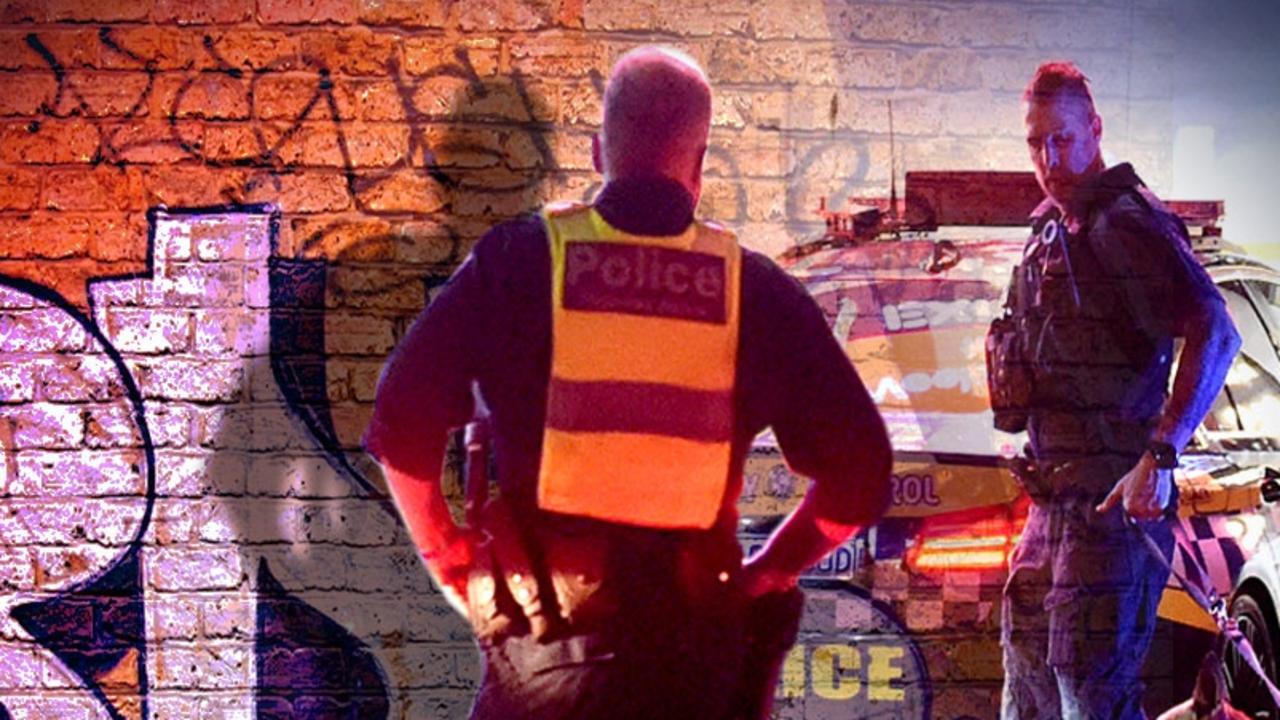Want a quiet night out without police attention? Here’s how
An extensive study of SA police has found who officers target on the beat. Here’s how to avoid trouble.

Police & Courts
Don't miss out on the headlines from Police & Courts. Followed categories will be added to My News.
Want a happy night out in Adelaide without police attention? Here’s how to do it.
No street partying, no uni student high jinks, and no raised voices.
An extensive study of SA police on the beat has found how they profile people to stop, and how known groups of trouble makers are suspected.
Monash University researchers studied police over 800 hours of duty, involving 48 officers from SA Police and 45 in New Zealand.
Researcher and former police officer Dr Ross Hendy said police would use the “stop and chat” method to target groups which were known to cause problems; students, beggars and revellers.
Police are often accused on social media and by suspects of targeting ethnic groups when determining if they should approach members of the public but Dr Hendy said “officers did not display any explicit indicators of racial stereotyping”.
”(But) there were indicators of stereotypical bias towards defined social groups,’’ he said.
“Officers were alert for students and revellers, as members of groups that posed a perennial risk of offending.
“The (unidentified) SA city studied had an entertainment quarter where officers observed revellers. It also had issues with beggars.”

The location of the police operations in NZ and SA is not identified to protect the officers involved.
Dr Hendy’s research has been published in the international Journal of Organisational Ethnography.
The purpose of the research was to reveal the profiling that makes people and situations on the street suspicious enough for police to investigate.
Dr Hendy said police officers described how they judged behaviour in three categories; “socially acceptable, harmful or illegal”.
“The first test weighed up the officer’s interpretation of how a circumstance might be viewed by other people,’’ Dr Hendy said.
“In other words, officers considered how a ‘law-abiding citizen’ might view a situation and would use this to guide their decision to intervene.”
Secondly, Dr Hendy said police would step in if “harm” was seen or expected.
This included behaviour such as the vulnerability of a person, escalating arguments, raised voices, theft, or victimisation, possible self-harm, physical illness, and even “odd” behaviour which could suggest harm caused by mental health problems.
Dr Hendy said in the third category of intervention was when officers saw illegal behaviour or suspected it due to, for example, the smell of cannabis smoke.




